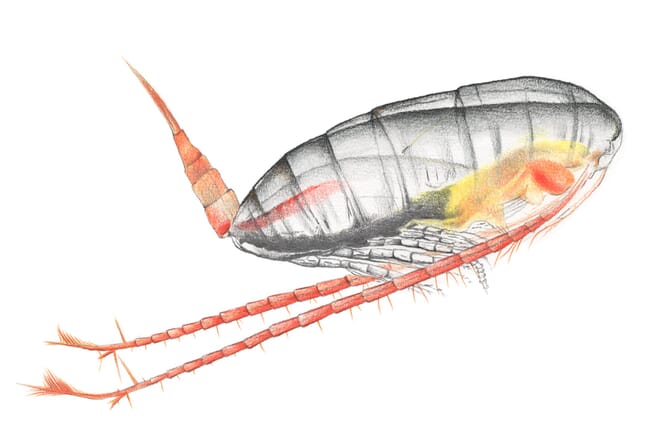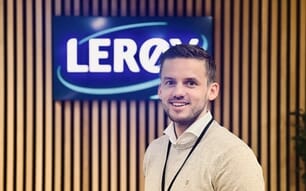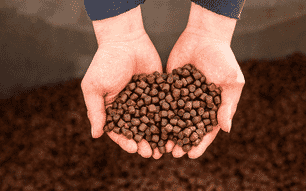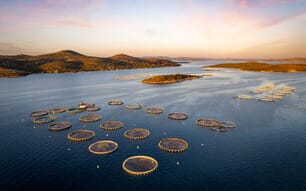
According to Zooca, it's the most abundant organism on the planet. Around 1,400 tonnes of it were landed in Norway in 2022 © Laura Hidalgo Lopez
According to Skretting, the partnership aims “to provide innovative and sustainable nutritional solutions by leveraging Zooca Calanus' expertise in harvesting and processing Calanus finmarchicus, a tiny marine copepod rich in essential nutrients.”
The two companies have pledged to work together to develop high-quality, nutritionally optimised feeds using Calanus-based ingredients and whole fresh canned copepods to enhance the health and growth of farmed aquatic species while promoting sustainable practices within the aquaculture sector.
Hassan Skøien, shrimp innovation director at Skretting, said in a press release: "We are excited to embark on this journey with Zooca Calanus. This partnership represents a significant step forward in our mission to provide innovative and sustainable solutions to the aquaculture industry. By combining Skretting's expertise in aquafeed formulation with Zooca Calanus' unique marine ingredients, we aim to set new standards for nutrition, health, and sustainability in aquaculture.
“Calanus is an abundant resource. Incorporating it into our diets allows us to diversify marine ingredients and provides employment opportunities for local fishing communities during their low season,” added Eamonn O’Brien, global product manager at LifeStart.
Zooca Calanus group CSO, Hogne Abrahamsen, expressed his enthusiasm about the collaboration, stating: "We are proud to partner with Skretting, a company known for its commitment to quality and sustainability. Together, we will harness the “natures baby food” power of Calanus finmarchicus to create feeds that not only enhance aquatic health but also contribute to the preservation of our oceans and marine ecosystems."




